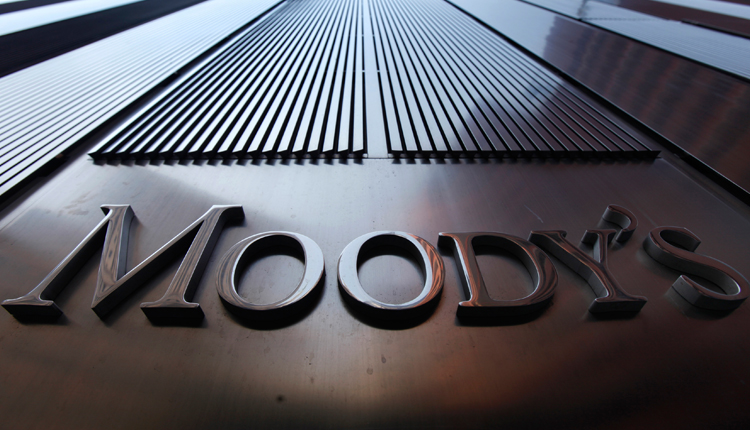Credit rating agency Moody’s said on Tuesday it anticipates Egypt’s economy to grow 4.4 percent in the current financial year ending on June 30.
However, Mood’s cautioned in a statement that the economic consequences of the coronavirus pandemic may crystallise more clearly during financial year 2020/2021. It expected a decline in economic growth to 2.7 percent if the pandemic continues to disrupt the tourism sector, investments, and commercial activity.
Moody’s said that the economic reform measures implemented by the Egyptian government have brought in high growth rates, a major factor behind why the economy has remained strong against the virus impact.
This thereby leads to less risks to Egypt’s economy and its various social classes, the rating agency added.
Moody’s said the Egyptian economy had succeeded in achieving an average growth rate of 5.4 percent over the past two years.
The reform programme and legislations to revive businesses such as investment and bankruptcy laws and improve land allocations had helped grow and strengthen Egypt’s economy, Moody’s statement read.
Egypt’s high economic growth rates have contributed to bringing the unemployment rate down to eight percent during the final quarter of 2019, approaching the lowest level in decades and strengthening the country’s ability to absorb the shock of the pandemic, it added.
Moody’s also said it anticipated that the inflation rate in Egypt would reach 8.5 percent at the end of June.
Egypt’s public debt dropped to 84.2 percent of the GDP at the end of last year compared to 103.5 percent at the end of 2017. The rating agency said it further expects Egypt’s debt ratios to continue their decline even taking into account the coronavirus outbreak’s economic impact this year.
Moody’s hailed the Egyptian government’s preventive measures swiftly taken to battle the outbreak – even going as far as to ban flights and halt the tourism sector despite being a major source of state revenue from foreign currencies. Tourism sector makes a total contribution of 12 percent of Egypt’s GDP, employing nine percent of the country’s total workforce.
The ratings agency has kept Egypt’s credit rating at B2 with a stable outlook, supported by A3 economic strength.
A3 is the seventh highest rating a debt issuer can get, and this indicates that Egypt’s financial and banking system is solid with a low risk of default.
